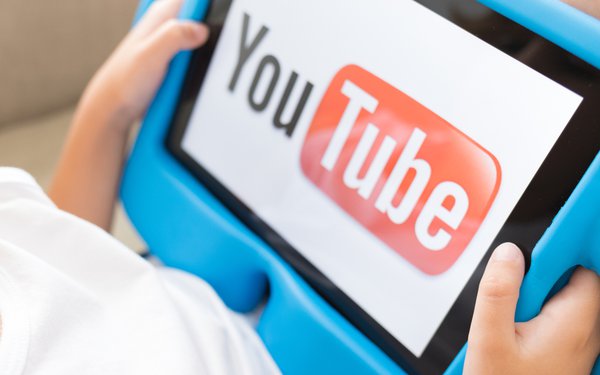
Former president Donald Trump on
Monday urged a federal court to order YouTube to quickly restore his former channel on the online video-sharing platform.
In a 39-page request for an injunction, Trump's lawyers argue that his
permanent suspension from YouTube is causing him “irreparable injury,” because he is being deprived of "his donor and merchandising platforms," as well as his ability to endorse political
candidates.
YouTube, Facebook and Twitter banned Trump in January, shortly after insurrectionist rioters stormed the Capitol in an effort to prevent the Senate from certifying President Joe
Biden's victory in the last election.
Last month, the former president, along with other people who had been blocked by the companies, sued them in federal court in the Southern District
in Florida.
Trump and the others claimed in those lawsuits that Facebook, Twitter and YouTube are “state actors” -- meaning equivalent to the government -- and that their editorial
decisions regarding what content to allow on the platform amount to unconstitutional censorship.
In his new request for a court order against YouTube, Trump reiterates that claim.
“Defendant’s censorship of plaintiff’s views violated the First Amendment when defendant became a state actor,” Trump's legal team writes in papers filed this week with U.S.
District Court Judge Robert Scola in the Southern District of Florida.
His lawyers add that YouTube's “censorship” of Trump resulted from a combination of factors, including
supposed “coercive pressure” by Democratic lawmakers.
“Since 2019, Democrat [sic] members of the United States Congress, as well as now-President Joe Biden and Vice President
Kamala Harris, have subjected the social media companies and their CEOs, including defendant, to systematic and increasing pressure to censor disfavored online speech, and to promote favored speech,
or else face catastrophic legislative and/or regulatory consequences,” the petition alleges.
Trump's lawyers indicated earlier this month in court papers that they plan to also seek
injunctions requiring Twitter and Facebook to restore his accounts.
Other people who have sued tech companies for suppressing content have also claimed that the companies ran afoul of the
First Amendment.
So far, tech companies have prevailed in all of those disputes, according to Santa Clara Law professor Eric Goldman, who has studied the issue.
In many of those prior cases, judges have held that only the government, and not private companies like Google, are bound by the First Amendment's prohibition on censorship.
Trump's
lawyers raise several other arguments, including that YouTube violated Florida's “Stop Media Censorship Act” -- even though that law was recently struck down on First Amendment grounds by
a federal judge.
The now-enjoined "Stop Media Censorship Act" includes a provision requiring social media platforms to apply "censorship” decisions consistently.
U.S. District
Court Judge Robert Hinkle in Tallahassee said in a written opinion that the law likely violated tech companies' right to free speech.
“The legislation now at issue was an effort to
rein in social-media providers deemed too large and too liberal,” Hinkle said in a written opinion issued in June. “Balancing the exchange of ideas among private speakers is not a
legitimate governmental interest.”